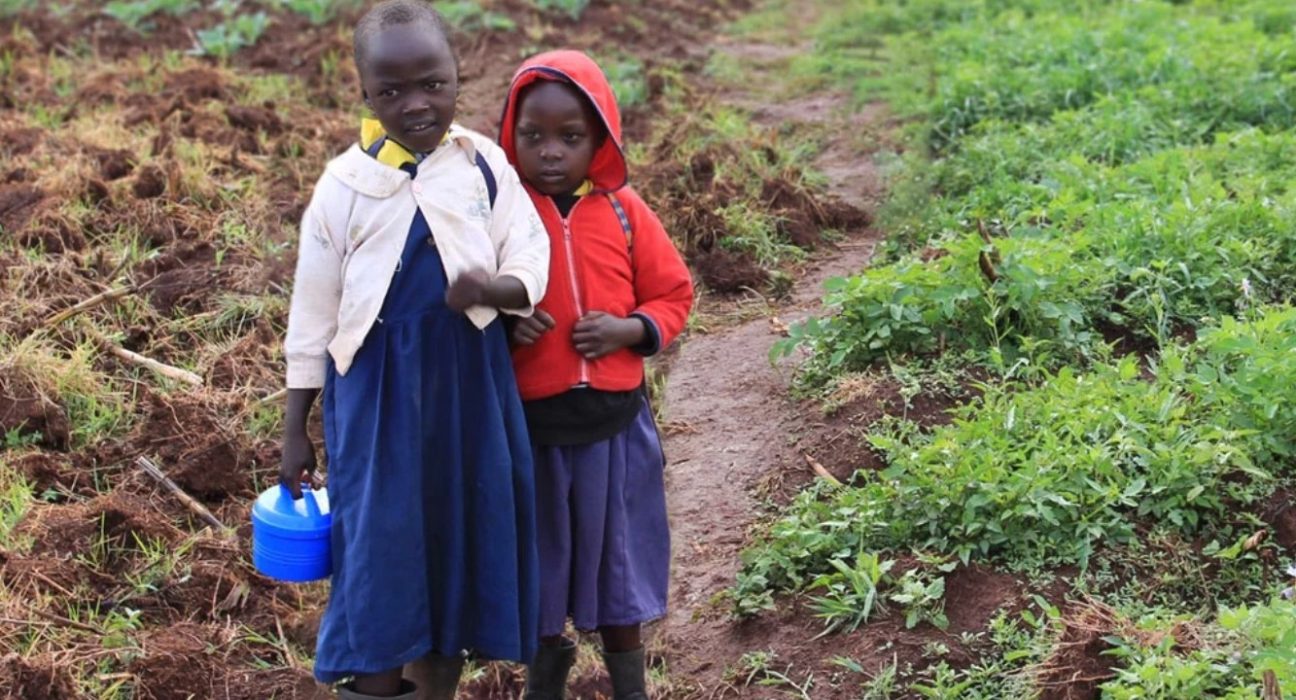By Abdulfatah Babatunde
As the temperature in Africa is forecasted to increase at an accelerated pace, climate expert says many sub-Saharan countries will witness a two-degree Celsius rise between 2025 and 2040.
This alarming trend has raised concerns about its potential impact on food production and security in the continent.
Dr Enock Chivaka, an African agricultural expert, warned that African countries are already experiencing a decline in crop yields.
Without funding for sustainable research, Chivaka, Interim Director of Bill and Melinda Gates Foundation, said food crisis could intensify.
He spoke on the sideline of the recent African Food Summit in Nairobi Kenya, assessing impact of climate issues on agriculture.
The director also dwelled on national agencies’ current measures to mitigate the pending food crisis in Africa.
Chivaka noted that when global productivity dropped by 20 per cent between 1961 and 2015, Africa experienced a staggering 40 per cent reduction in productivity.
Responding to this pressing challenge, he said the Gates Foundation pledged its commitment to enhancing agricultural productivity in Africa.
The foundation’s focus, according to him, is on developing innovations for indigenous African crops, particularly sorghum, millet, cassava, maize, wheat and sweet potatoes.
Read Related News:
Nigeria’s committed to self-sufficiency in dairy production – NABDA
Stakeholders seek FG’s intervention to grow aquaculture
Chikava emphasised the importance of reducing Africa’s dependence on food imports.
He cited the recent food shortages resulting from the Russia-Ukraine war.
The director urged African governments to allocate more funds to research and development for crops that are essential for domestic consumption, rather than prioritising exports.
Chikava also highlighted the significance of providing farmers with access to drought-resistant and improved seeds.
“These seeds, developed by organisations like the International Institute of Tropical Agriculture (IITA-CGIAR), are available in the public domain.
“Collaborations between CGIAR centres and agricultural research agencies ensure that these innovations reach smallholder farmers and are supported by policies that expedite their adoption,” he said.
Asked about adaptation strategies for African countries with limited resources, Chikava recommended investments in crop and livestock innovations as a top priority.
Additionally, he stressed the importance of rehabilitating degraded soils.
Also Read:
Stealing: Farmers in Gombe keep vigil on farm crops
Set up palliative monitoring committee – AFAN tells FG
Healthy soil, he argued, “is crucial for maintaining productivity in the face of rising temperatures and changing rainfall patterns”.
“Notably, the Gates Foundation has played a pivotal role in reducing the cost of understanding African soil by 97 per cent over the last decade.”
According to him, digital surveys can now provide comprehensive data on soil characteristics.
This, thus, makes it easier for farmers to determine suitable crops for different soil types.
Chikava further hinted that the Soil Management Unit of CGIAR was currently working on a soil information system for Africa.
This is to monitor soil quality across agricultural lands.
“Governments are encouraged to incorporate these innovations into their policies to facilitate adoption and scaling.
“As Africa grapples with the looming threat of climate change, sustainable agriculture and innovative approaches will be crucial in safeguarding food security and resilience in the region,” he said.
Do you have a flair for Citizenship Journalism? Share story(ies) of happenings in your area with The NewsZenith on WhatsApp: 08033668669 or thenewszenith@gmail.com
